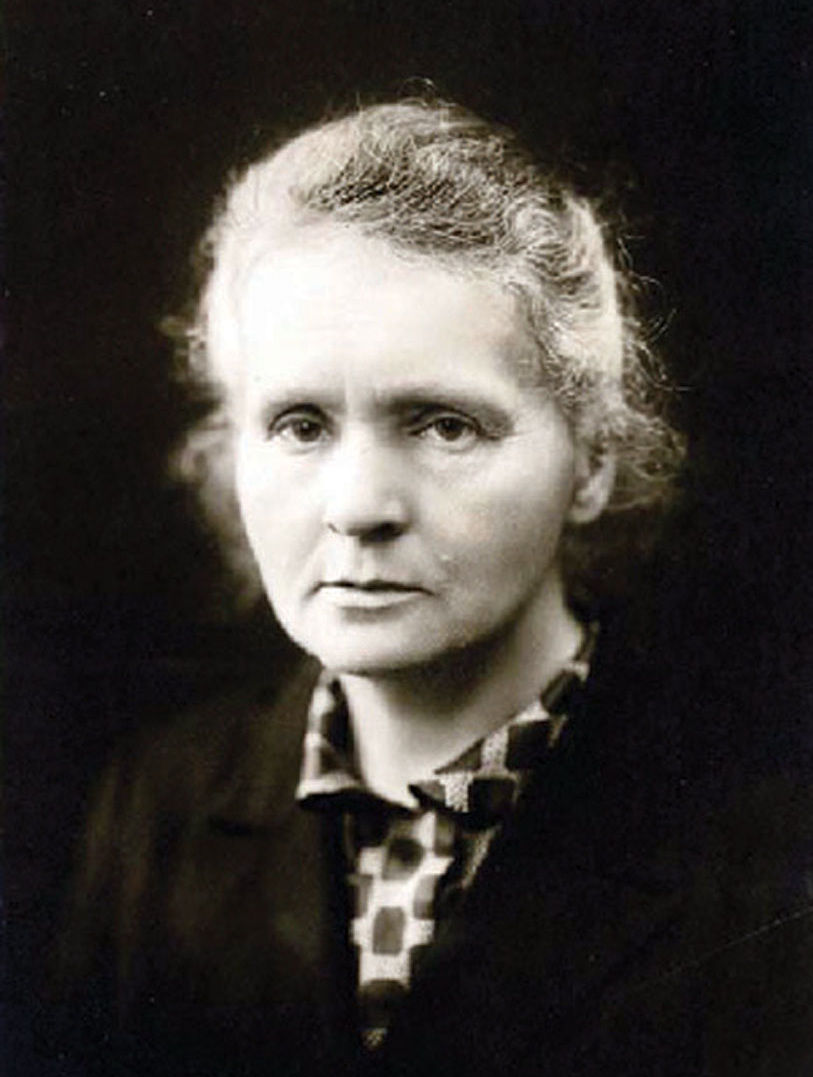How To Achieve What You Are Gifted For
- Julian Talbot
- Nov 13, 2017
- 4 min read
Updated: Feb 6, 2023
Marie Curie knew something about success. The first woman to become a professor at the University of Paris, the first woman to win a Nobel prize, and the first person to win two Nobel prizes. That's an impressive track record in anyone's estimation.

All the more amazing when you consider that as a woman in the 1890's, she couldn't even enroll in university in her native Poland; much less become a professor. It took years as a governess for her to save enough to follow her dream, but in 1891 at the age of 24, she enrolled at the University of Paris.
Life was still tough as a student. She had few resources, suffered through cold winters, and on occasion fainted from hunger.
In 1894, she met her husband, Pierre. Their first daughter was born three years later, and she took a teaching job to help support the family. At the same time, the couple continued their research from a laboratory they had improvised in a leaky shed next to the School of Physics and Chemistry.
In 1903 aged 35, she received her doctorate and shared the Nobel Prize in Physics with her husband Pierre and physicist Henri Becquerel. The award money allowed the Curies to hire their first laboratory assistant, but it was 1906 before they had a proper laboratory.
That same year, in 1906, Marie was devastated when Pierre was killed in a road accident. Raising two children as a single parent, she went on to become the Chair in Physics, and in 1911, won the Nobel Prize in Chemistry.
The quote in the graphic above comes from her 1937 biography and it is preceded by three sentences which give us a little more context.
"Life is not easy for any of us. But what of that? We must have perseverance and above all confidence in ourselves. We must believe that we are gifted for something and that this thing, at whatever cost, must be attained."
She is expressing what most of us eventually come to realize. Perseverance and confidence are necessary for success. It is unlikely she was born with this wisdom. Rather, like most of us, she learned it over the course of many years. Luckily, we also learn from the experiences of others. And what her quote says to me is this:
Believe you are gifted for something.
Decide what it is.
Commit to paying the price to attain it.
You might not know what your gifts are yet, but you will work it out. The one thing I can offer is something that has worked for me. Learn to believe in yourself and develop the habit of try, try, try again. Check and adjust, repeat or reject your habits, systems, and ideas. With time, in hindsight, you'll know which work for you.
I see this sort of behavior in every successful person I know. They accept that life might not be easy, but they possess, find, or create an unwavering belief that they are gifted for something. Scott Adams (creator of Dilbert) suggests that if you are in the top 25% of any two or three things, you can be the best in the world at that combination.
If you need an example, consider Brandon Stanton, creator of the Humans of New York (HONY) photoblog. He is probably not the best photographer or writer in the world, nor the most amazing person in New York.
But he is the only contender that I can think of when it comes to being the best in the world at the intersection of three things. He is the best in the world at:
(i) portraits,
(ii) and articles,
(iii) about people of New York City.
Started in 2010, HONY has over 18 million followers on Facebook, and his book has spent over 30 weeks on The New York Times Best Seller list. Deservedly so.
If you're ever having a bad day, come back here, have a read about Marie Curie, and decide to:
1. Believe you are gifted for something. Today.
2. Find out what it is. Soon.
3. Commit to attaining it. Every day.

Whether you're having a good day or a bad day, I'd encourage you to investigate Humans of New York and to read Marie Curie's inspiring life story.
The shorter version of this article can be found, along with some other articles, at my Linkedin profile. Please feel free to connect or message me there.
#JulianTalbot.com
DISCLAIMER
No physicists were harmed in the making of this production. Neither I, nor any of my mates, acquaintances, or family have ever met Marie Curie. But she is very much on my list of dinner party guests. When I hitch a ride with a time traveller, I will make that invitation. We will of course, have to enjoy the dinner party in a radioactive laboratory. Neither she nor her husband could be tempted to leave the laboratory, even to receive their Nobel Prize. You have to love the laser-like clarity of their personal priorities.







Comentários